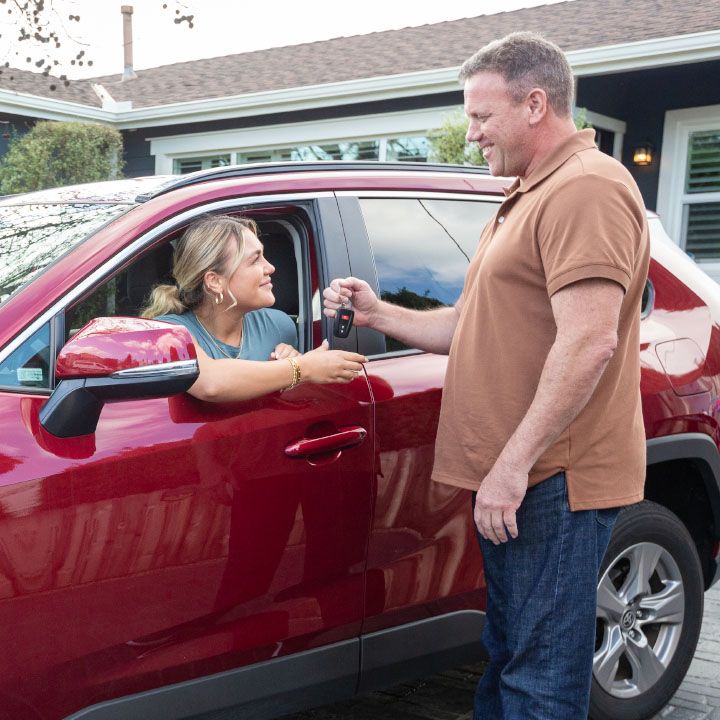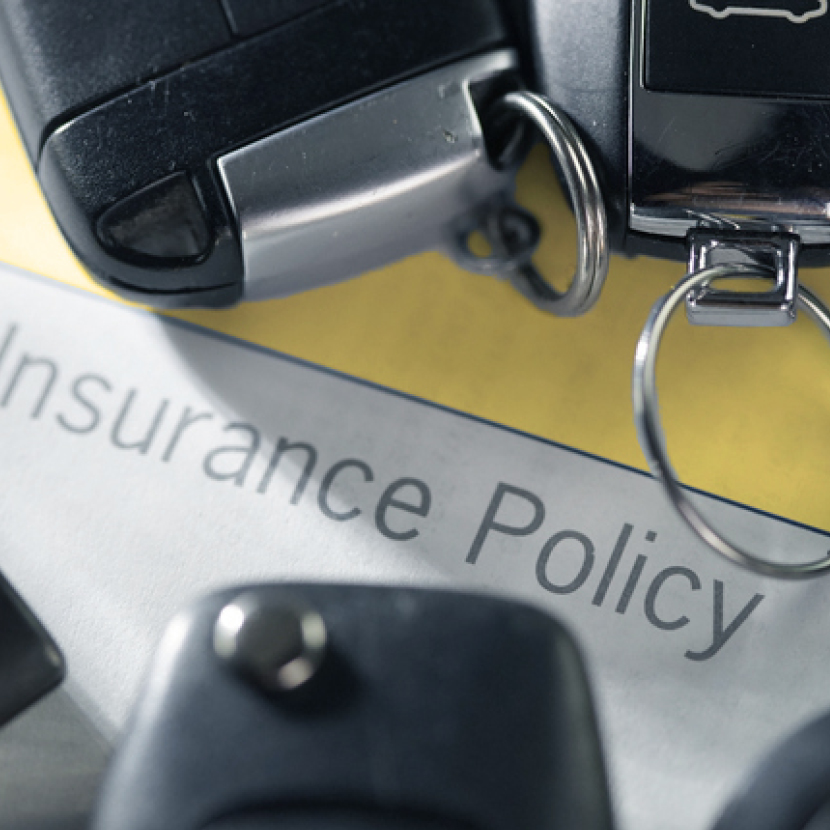- Insurance Guide
- Property Insurance
- Car Insurance Basics
The basics of your car insurance policy

What's an auto insurance policy?
Imagine your car insurance policy as a shield that could help protect you and your wallet if your car gets damaged or stolen. When you buy car insurance, you agree to pay a certain amount of money, called a premium, to an insurance company. In return, they help cover the costs to repair or replace the insured vehicle.
Understanding your declarations page
The declarations page is like the instruction manual for your car insurance. It tells you important things like who's covered, what's covered and how much you're paying. It's crucial to understand this page because it's the foundation of your policy.
Your personal auto policy
You understand you need auto insurance, but how do you know if you have the coverage you need? From liability to full coverage, your auto policy has different parts, each covering different things. Let’s talk about a few of the auto insurance basics here.
Liability coverage
This part of your policy helps provide you protection if your car causes injury to someone or damage to their property. If an accident is your fault, liability could help cover the costs to repair their vehicle.
Collision insurance
If your car is damaged, this part of your policy helps protect you and your wallet. Collision insurance helps provide coverage for your losses like repairs or replacement.
Comprehensive insurance
Comprehensive coverage could help protect your car from things like theft, vandalism, or natural disasters. It also helps provide coverage for items inside of your car if they are damaged.
Medical coverage
If you or your passengers get hurt in an accident, medical coverage helps cover expenses like doctor’s visits. Regardless of who is at fault for the accident, medical coverage helps provide protection.
Deductible
This part of your policy is the amount you agree to pay out of your own pocket before your insurance coverage begins.
Keeping up with your auto insurance
Just like you need to take care of your car, you also need to take care of your car insurance. Think of it like giving your car a check-up to make sure everything's running smoothly. It's a good idea to review your policy once a year and when life changes, like getting married, moving or having a teenage driver.
How do you switch car insurance?
While reviewing your auto policy, this is also a good time to think about switching car insurance companies by researching other insurance providers. Some insurance companies offer discounts for things like having multiple policies or being a good student. Don't be afraid to shop around for the best deal. Check rates from different providers to make sure you're getting the most bang for your buck.
Ready to learn more about your auto policy?
Call your insurance agent who can help answer your questions and discuss your individual needs. By staying informed, you can find the coverage you need that best fits your budget. And if you ever need help, don't hesitate to reach out to an insurance company like TruStage™.



